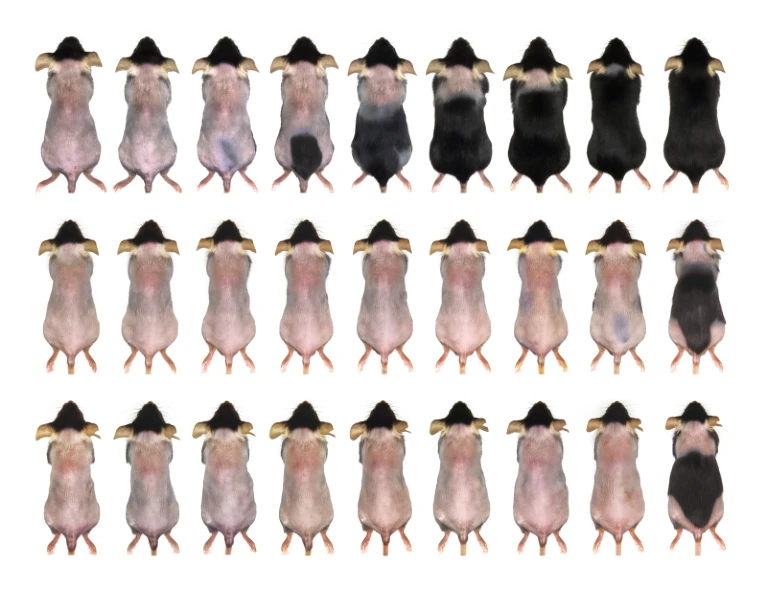Experiments show that a fasting diet reduces hair regrowth in both humans and mice.
According to RCO News Agency, Data collected from mice and humans show that a popular weight loss diet inhibits hair growth. The study’s findings suggest that “intermittent fasting,” which involves short periods of food deprivation, causes a stress response that can inhibit or even kill the hair follicle stem cells that drive hair growth.
The results, published today in the journal Cell, show that although short-term fasting can provide health benefits, including increased lifespan in mice, not all tissue and cell types benefit.
I was shocked to hear these results, says Ömer Yilmaz, a stem cell biologist at the Massachusetts Institute of Technology in Cambridge who was not involved in the study. We expect that fasting will benefit most, though not all, cells, and that it will also benefit stem cells. These results are the opposite of what we expected, and this finding appears to hold true for humans as well.
Deliberate deprivation
Over the past decade, fasting has become one of the most popular diets. About 12% of adults in the United States will take it in 2023. One of the most common forms is time-restricted eating, which involves eating only within a limited time frame each day.
Stem cells appear to be particularly vulnerable to changes in diet. For example, Yilmaz and his colleagues reported in August that stem cells in the intestines of mice showed increased activity during food intake after fasting. This activity helped to repair the damage in the intestines of the animals.
Hair regrowth over almost 100 days was much faster in mice that were allowed to eat whenever they wanted (top row) than in mice that ate only eight hours a day (middle row) or mice that were only allowed to eat every other day. Eat (bottom row).
Bing Zhang, a regenerative biologist at Westlake University in Zhejiang, China, and his colleagues shaved mice and subjected them to one of two fasting regimens to see if the diet affected hair regrowth. they put One was time-restricted feeding, and in the other, animals were fasted for 24 hours and then fed their normal diet for the next 24 hours. The authors of the study found that at the end of the three-month study, the hair of the rats on the diet did not regrow as much as the control group of animals consuming the same amount of calories.
The researchers traced this effect to the death of hair follicle stem cells.
Further experiments showed that fasting initiates communication between the adrenal glands, which are organs that produce stress hormones, and the fat cells in the skin. This interaction caused the fat cells of the skin to release molecules called fatty acids. Fatty acids disrupt the metabolism of stem cells and in some cases lead to the death of stem cells. Using an antioxidant cream before and during the diet prevented hair growth from stopping, suggesting that this effect is not inevitable.
To see if this effect can be generalized to humans, the researchers randomly assigned 49 people to either a fasting diet or a control group. Hair growth in the fasting diet group was 18% slower than the control group. Molecular experiments found evidence that a mechanism similar to that seen in mice could be responsible for this effect in humans.
end of message
RCO NEWS
















